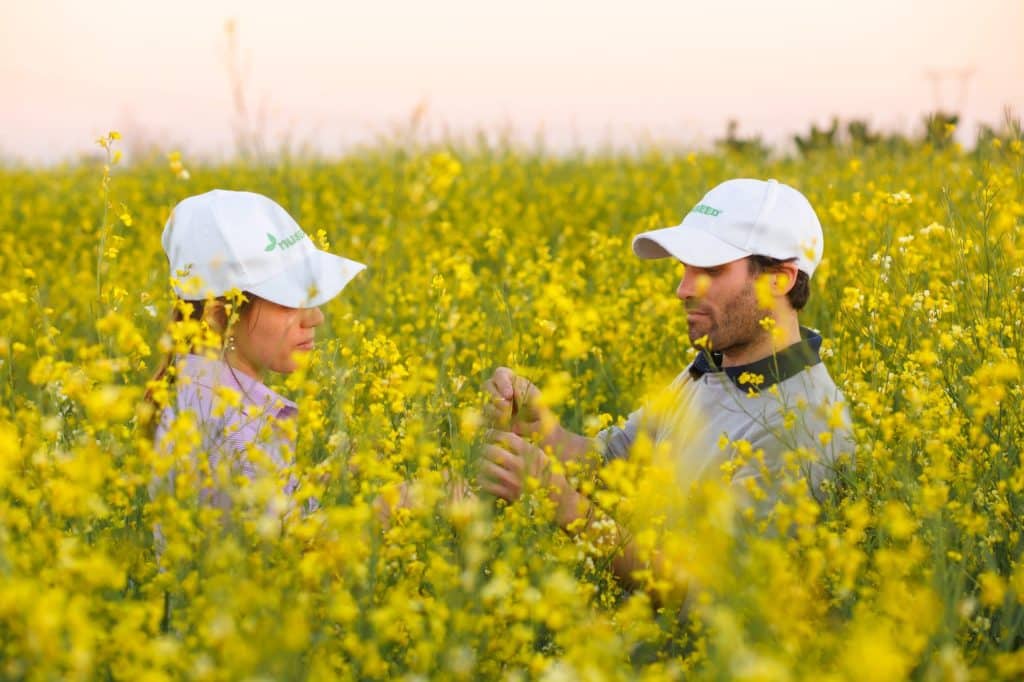Many in the world are uniting in the call for action to mitigate climate change. There are a multitude of approaches being taken by both businesses and governments to facilitate faster global transition away from fossil fuels to reduce emissions. The climate correction to hold the temperature increase to the international goal of under 1.5 degrees Celsius is estimated to require a massive reduction in both emissions and a massive removal and storage of existing carbon. Or the carbon and climate challenge become insurmountably bigger.
Innovative solutions are at various stages of development or adoption worldwide, the size and complexity of the climate crisis will require every sound solution to be advanced and deployed to reduce emissions. With the ones thoroughly researched quickly adopted to immediately support the transition towards improvements and net zero.
Key to adoption of any potential climate or carbon solution is credibility and trust by the public and across sectors. That may require further tracking and transparency with many companies already requiring sustainability and environmental social governance (ESG) reporting for themselves and from suppliers.
“Block-chain is a term used a lot today, simply put it means a shared database or ledger from beginning to end of a supply chain. And the Nuseed Carinata field, transportation, and oil crushing data provides that for our customers,” explains Alex Clayton, Nuseed Global Strategy Development & Commercial Lead-Bioenergy. “It’s why our Nuseed Carinata program validates every field for the Roundtable on Sustainable Biomaterials (RSB) global sustainability standards.”
Nuseed Carinata helps replace fossil fuels through its resulting non-food oil being used in renewable fuel production and it removes atmospheric CO2 via plant growth. Nuseed manages contract production from field to fuel by building custom supply chains with growers and industry partners to enable the level of tracking and transparency required by end-use customers working towards sustainability or other accountability requirements.
“Contract growers are economically incentivized to implement sustainable agriculture practices and fulfill other production requirements our end-use market or customer needs,” adds Clayton. “Our contract customers can be confident they are sourcing low carbon renewable feedstock that meets their company goals.”
Sustainability is defined differently by country, sector, and company. Nuseed’s connection to each partner in the supply chain and with the end-use customer enables contract production to specific requirements for maximum value and positive impact.
Nuseed Carinata commercial contract production to independent certification standards is already expanding in South America and being introduced in the Southern United States to help meet the rapidly growing demand for low-carbon renewable feedstock that is outpacing supply. One more important reason for proof through independent certification.
Nuseed Carinata customers can be confident in avoiding the risk of accidental sourcing of questionable feedstock, and the reputational damage that comes with it, because of the rigor of the independent certification and the traceability and transparency that comes with it.

